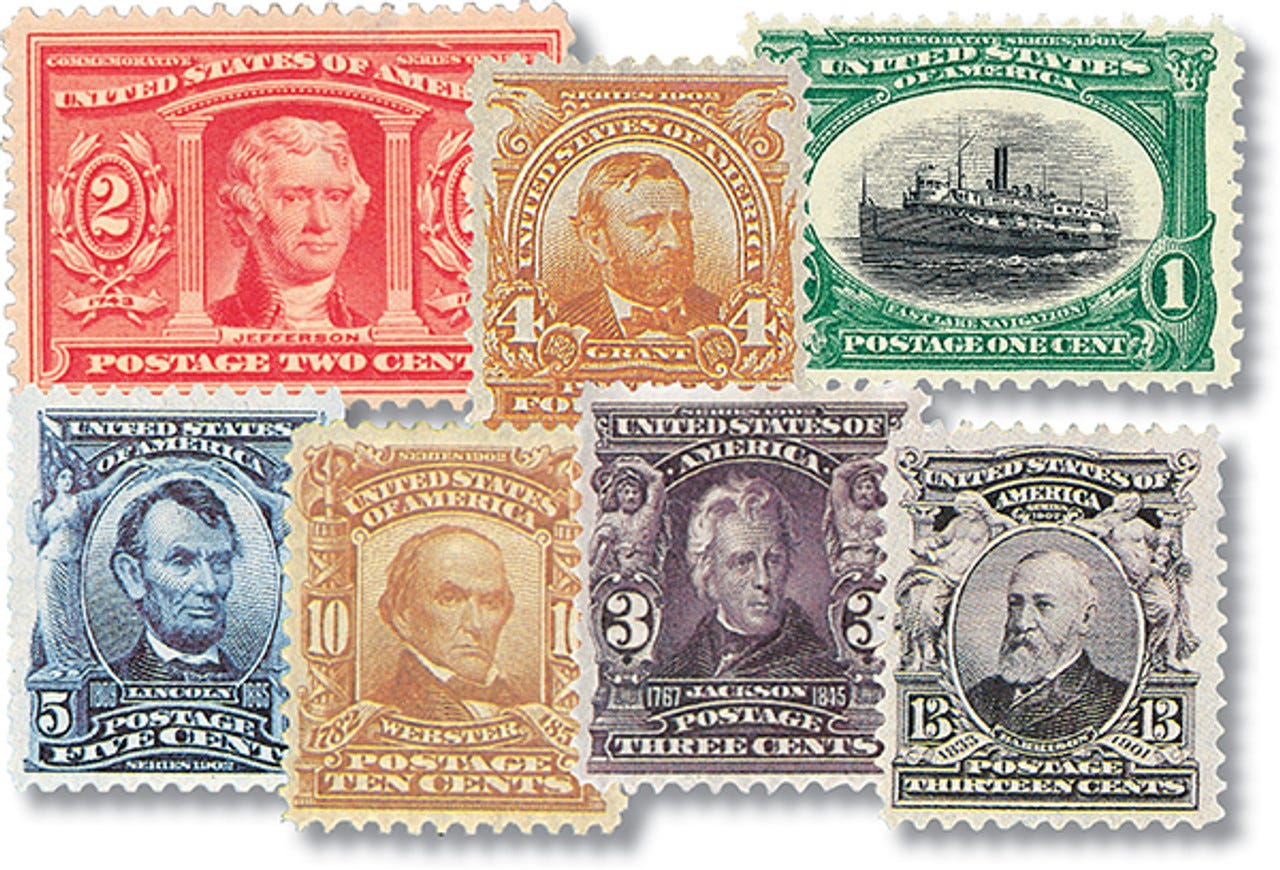“De Minimis” Exemption
The U.S introduces new taxes on U.S. Consumers
Starting Friday, the U.S. will eliminate the long-standing customs exemption for international shipments worth $800 or less, known as the “de minimis” exemption. The move comes nearly two years ahead of the original congressional deadline and represents another significant shift in U.S. trade policy, signed by executive order.
Until now, packages valued under $800 could enter the U.S. without clearing customs. Beginning this week, they will be subject to origin-based tariff rates, which can range from 10% to 50%. For the next six months, carriers handling international mail may choose to apply a flat duty of $80 to $200 per package; however, this option is temporary.
Global Fallout
The policy has already triggered disruption. National postal services in more than a dozen countries, including Japan, Switzerland, Australia, France, Germany, and the U.K., have announced that they will suspend some or all U.S.-bound shipments. Businesses relying on small-batch imports are facing immediate uncertainty about supply chains and costs. Uncertainty creates inaction and increases costs, both of which are expected to impact consumers negatively.
A Policy with Deep Roots
The “de minimis” rule dates back to 1938, when imports valued under $1 were exempted from duties to reduce federal government collection costs. Over time, the threshold rose—from $5 in 1990, to $200 in 1993, and to $800 in 2015. That increase fueled explosive growth: last year, 1.36 billion packages worth $64.6 billion entered the U.S. under the exemption, compared to just 134 million in 2015.
Previously, the cost of imposing the tariff and collecting the revenue exceeded the returns; however, with the increased market value of goods entering the U.S, the expected revenue may exceed the cost of administering the tariff. Hence, the shift in U.S policy.
Market Expectations
Policymakers argue that scaling back the exemption will close loopholes exploited by fast-fashion and discount retailers, such as Shein and Temu, which have leveraged low-cost shipments to capture a significant share of the U.S. market. Supporters see this as a step toward leveling the playing field for domestic producers, particularly in textiles and apparel.
However, many small American businesses that rely on niche imports will now face significant challenges. Boutiques and specialty retailers that built models around weekly small-batch orders from Europe and Asia will struggle to absorb higher costs, forcing either price increases or business closures. Smaller U.S companies are expected to face challenges, while larger firms might be better able to absorb this blow.
The Bottom Line
Beginning Friday, the flow of international goods into the U.S. will slow. This is yet another challenge to free trade and access to affordable global products. In the short term, consumers should expect higher prices and fewer choices. Longer term, businesses that rely on international suppliers will need to rethink sourcing strategies. While the policy is framed as protection for American producers, it risks isolating U.S. consumers from global markets and making cross-border commerce more difficult.
Question:
Will retailers and suppliers relocate to the U.S.? Will we see an increase in firms reshoring their production back to the U.S.? Time will tell.
Marketplace Radio Coverage
https://www.marketplace.org/story/2025/08/27/what-the-loss-of-the-de-minimis-exemption-means-for-you



The question has a simple, accurate answer, based on well-attested economics. "Although some retailers and suppliers will relocate to the United States, because of higher costs for labor and raw materials, the cost to American consumers will rise, sales will fall as a result of the Law of Demand, and as a result the US economy will shrink."
I received a email from the Royal mail explaining their termination of shipments. I was lucky that my book arrived before it went into place. We also cannot forget the 1% tax placed on remittances. Many workers here have family whose economic mobility rely on their ability to send money